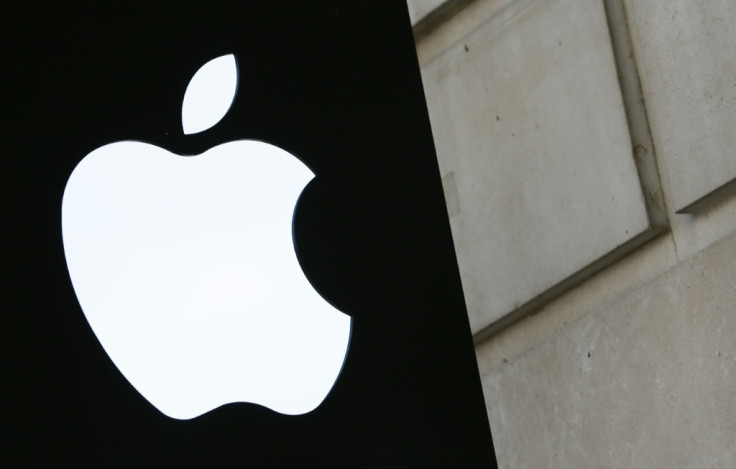iPhone 12: Apple could be adding gesture control which might be better than Pixel 4
This was purportedly hinted at by a patent the company filed with the United States Patent and Trademark Office, which was recently published online.
Despite reportedly starting 2020 with on-time hardware releases, Apple might be finally experiencing the effects of the coronavirus pandemic on manufacturing and shipments. While the launch of the new iPad Pro, MacBook Air, and iPhone SE were supposedly on schedule, the iPhone 12 might not.
This was already hinted by company executives during a recent earnings call. Consumers who remain unfazed by the interrupted release roadmap might have something to look forward to when the handset ships out to retailers later this year.
While a form of gesture control was introduced by Samsung when it debuted the Galaxy S4 in 2013, many found it somehow limited. The next major flagship handset to include the feature was the Google Pixel 4 and Pixel 4 XL. It's Motion Sense technology apparently used a radar-based system instead of a proximity sensor to detect movements. Now, it seems Apple might present a similar but more advanced functionality on the iPhone 12.
This was purportedly hinted at by a patent the company filed with the United States Patent and Trademark Office (USPTO), which was recently published online. As detailed by the documents, the manufacturer could equip the iPhone 12 series with a new time-of-flight (ToF) camera that would add versatility to Face ID with "in-air gesturing." Aside from smartphones, Apple could also augment it with upcoming in-car entertainment control systems.
According to Patently Apple, a demonstration of the feature's capabilities might be presented at the iPhone 12, which is speculated to be on Oct. 12. While most consumers would likely consider this an exciting development, others express concern over a potential design compromise. Unless the engineers have an innovative solution on how to house the sensors, it could potentially add a bigger notch or bezel to the device.

As for Google, it looks like the Pixel 5 series and other models in the future might no longer support Motion Sense. The latter was removed from the Pixel 4a, which has garnered positive response for owners of its current flagship handsets. It remains to be seen exactly how Apple implements motion-sensing into the iPhone 12 and if it will be retroactive for older devices with Face ID.
© Copyright IBTimes 2025. All rights reserved.





















